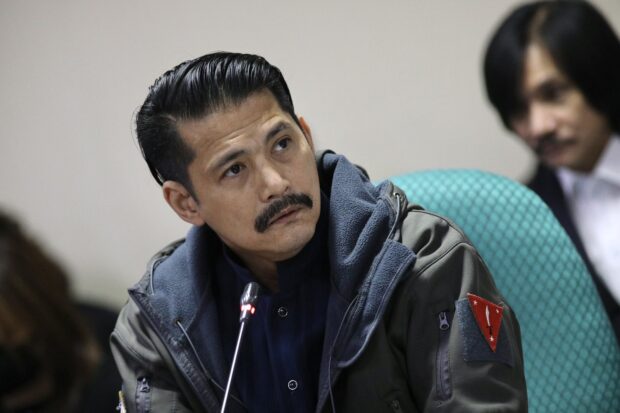
Sen. Robinhood Padilla (Joseph Vidal/Senate PRIB)
MANILA, Philippines — A Senate inquiry has been sought on the recently concluded Balikatan Exercises between the Philippines and the United States to inform the public of its gains and opportunities.
Held from April 22 to May 10, the annual joint military training was dubbed the largest in recent years, with over 16,000 participants.
Despite its reported success, Senator Robin Padilla believes that “many Filipinos are still not fully aware and informed of what the Balikatan exercise is and how it could impact the lives of the people.”
This is why the senator suggested the Senate probe through Senate Resolution No. 1026, which he filed on Thursday.
“It is important that every Filipino would understand the Balikatan Exercise, the need for it, the gains of the country as well as the prospects and opportunities for the people,” Padilla said in the resolution.
“Dissemination of public information as regards to Balikatan Exercise should also be an indicator on the success of the conduct of the said joint exercises,” he added.
President Ferdinand “Bongbong” Marcos Jr. himself watched a live-fire sea drill and the sinking of a mock enemy ship last April 26 in San Antonio, Zambales, which is facing the West Philippine Sea.
As the war games ended on May 10, the US military task force commander, Lt. Gen. Michael Cederholm, called it a huge success.
“We collectively are better, more capable, and more lethal as a result of this exercise,” Cederholm said in his speech in Camp Aguinaldo during the closing ceremony of the Balikatan exercise.
In a separate resolution, Padilla sought adopting a “whole-of-society” approach in the government’s information drive to prepare better the public for El Niño, La Niña, and other “environmental shocks.”
A Senate inquiry is also being proposed through his Senate Resolution No. 1025.
“Filipinos must be informed of up-to-date and necessary preparations and responses of the national and local government, as the public has, over the years, been taking the brunt of these environmental shocks,” Padilla said.
He added that a “comprehensive” public information drive is necessary to “apprise the affected population of the government’s projects, programs, and activities to help them cope with the adverse effects of this crisis.”